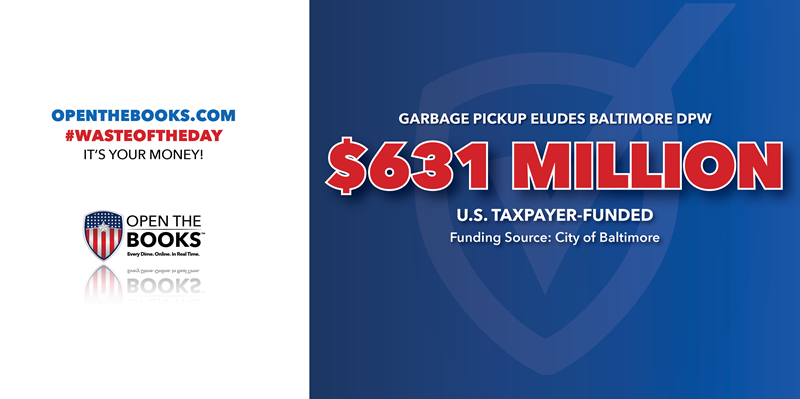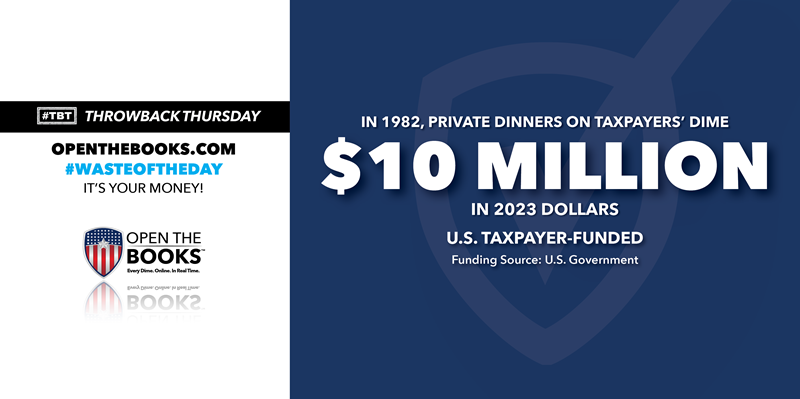
CA Housing Loan Program Drained of $300M in Weeks
May 8, 2023

To combat the recent spike in housing costs, California sponsored a program to help prospective first-time home buyers purchase a home by providing financing for the down payment. Unfortunately, the $300 million program ran out of money in less than two weeks, after only helping 2,300 people, according to The San Francisco Standard.
The program, called the California Dream for All program, was intended to provide buyers interest-free loans to help them make up to a 20% down payment on a home. The loans could also be used to cover closing costs. Unfortunately, the program, which opened for applications on March 27, is already out of funds.
The program came with a litany of requirements, including an income requirement and a homebuyer education course, as well as already having a home to close on. This left many Californians wondering how an estimated 2,300 people drained the fund in just a few days.
The size of the average loan amount seems to be contributing to the problem. The $300 million divided by the 2,300 residents taking advantage of the program comes to an average loan of $130,000. By putting a maximum of, say, $100,000 it could have helped over 3,000 people, while still accomplishing its goal.
More importantly, it’s an economic disaster to try to combat rising housing prices with a government subsidy, which will do nothing to stop the inflation of housing prices. With more loan funds, homeowners will be able to raise their prices, knowing more people have access to more financing.
While the rising cost of housing in California is surely a problem legislators should address, poorly thought out and quickly drained programs are not the answer.
Baltimore Can’t Make Weekly Trash Pickups Even With $631M DPW Budget
May 9, 2023

The Baltimore Department of Public Works, well-funded with a $631 million budget, can’t find the time nor the resources to make weekly recycling pickups, despite a legal mandate to do so.
A local group, Concerned Citizens of Baltimore, has joined a lawsuit against the Baltimore mayor and city council, alleging a biweekly pickup of trash to be a breach of the Baltimore City Charter, which guarantees weekly service. If successful, this lawsuit would compel the city to reinstate its weekly pickup service.
Baltimore’s Department of Public Works certainly isn’t short on cash, but blames staffing shortages for the pickup delay. The Department is one of the most well-funded in the city, with a total budget of $631 million in 2023. The waste removal and recycling segment specifically had a budget of $38.7 million.
Open The Books investigated Baltimore Public Works payroll and found workers’ compensation has grown exponentially. While their headcount from 2011 to 2022 remained relatively flat, payroll increased from $84 million to $141 million. Adjusting for inflation, that $84 million should have increased only to $103 million, meaning salaries have far outpaced inflation.
Concerned Citizens of Baltimore have also pointed out that the City of Baltimore received $641 million in federal funds from the American Rescue Plan Act, which could have been used to supplement the Public Works Department and ensure recycling service continued weekly.
When a major city like Baltimore can’t use hundreds of millions of dollars to guarantee a service as simple and fundamental as recycling, how can it tackle bigger issues like crime and debt?
National Park Service Outsources Website, Loses $140M
May 10, 2023

The U.S. National Park Service requires visitors to certain parks to obtain a vehicle pass, and charges a $2 reservation fee to book ahead of time. Unfortunately, the Park Service isn’t the one receiving most of this fee, thanks to their decision to outsource the system to a consulting firm.
Visitors reserve passes in advance on Recreation.gov, which isn’t run by the National Park Service, according to The Wall Street Journal.
Instead, government consulting giant Booz Allen Hamilton runs it as part of a five-year contract the National Park Service agreed to in 2018. Because of this agreement, Booz Allen Hamilton receives a portion of all fees.
Since 2019, the firm has invoiced the federal government for more than $140 million, far exceeding the $87 million it was projected to make when it signed the contract. The contract is up for renewal next year, meaning it could continue to profit off of this agreement for another five years.
The government has defended this arrangement, claiming this structure shifts the risk on Booz Allen Hamilton, and not the government. While this may be true, it’s hard to ignore that these hundreds of millions of dollars could be going towards hiring more park rangers, maintaining trails, and improving facilities if Parks did this work in-house, or changed the agreement to be more favorable to taxpayers.
Instead, these fees are lining the pockets of a multi-billion dollar consulting firm. Hopefully, when considering renewal of this contract, the government will demand more favorable terms so that park visitors’ fees are going toward preservation.
Throwback Thursday: Bureaucrats Spent Lavishly on Private Dinners
May 11, 2023

Throwback Thursday!
In 1982, the Office of Management and Budget spent $2.3 million – $10 million in 2023 dollars – to let a host of federal bureaucrats dine in 22 private dining rooms while taxpayers footed the bill.
Sen. William Proxmire, a Democrat from Wisconsin, awarded OMB his Golden Fleece Award for these lavish expenditures.
Proxmire found that these highly-compensated officials were reimbursed on meals at a rate of 82% when they dined in luxurious private rooms. Some of the top offenders were officials at the Department of Defense, where the Secretary of Defense, Joint Chiefs of Staff, and Secretaries of the Army, Navy, and Air Force all had private dining rooms, which combined racked up $1.8 million in taxpayer subsidies for meals.
The president had recently directed officials using private dining rooms to pay the full cost of their meals. The 1983 president’s budget directed each agency to apply “uniform principles of cost recovery,” which focused on ensuring those benefiting from these meals were paying for them. This would have led to certain fees being charged to pay for the meals. Unfortunately, this guidance was ignored.
Proxmire also noted the many agencies like the Department of Energy and the Department of Housing and Urban Development, along with the U.S. Senate, that get along just fine without private dining rooms subsidized by taxpayers.
Civil servants shouldn’t get to live high on the hog while in government, especially not on the taxpayer dime. As Proxmire quipped, those treated to private dinners should show the frugality they demand of other Americans as they debate cutting spending and programs.
Interest Payments on U.S. Debt Up 41% in March
May 12, 2023

The cost of financing publicly-held national debt in the U.S. is skyrocketing, with a new report showing that outlays for interest payments are up 41% because of higher interest rates, according to the Congressional Budget Office.
As the Federal Reserve tries to tame inflation by raising interest rates, mortgages and car payments aren’t the only loans with increasing interest payments.
The CBO report found that for the month of March, net outlays for interest on the public debt increased to $90 billion, a 41% increase, “mainly because interest rates are significantly higher than they were in the first six months of fiscal year 2022.”
Even more disturbing: while the amount of debt is increasing and the cost to finance that debt is increasing, total receipts, or the government’s income, is going down.
The same report found that total receipts (mainly tax and fee revenue) in the first half of the 2023 fiscal year are down 3%, totaling $2 trillion. Additionally, corporate income tax receipts decreased by 10%, and receipts from other sources decreased by 31%.
All the while, expenditures, or outlays, increased 13%, reaching $3.1 trillion. This was driven largely by an increase in Social Security, Medicare, and Medicaid spending. Despite this 13% increase, lawmakers from both parties continue to insist that any cuts to any of these programs are off the table.
Falling income, rising costs, increasing debt, and higher interest rates would scare any business into greater fiscal discipline. Unfortunately, legislators insist on continuing to fund costly and inefficient programs like Medicare without adjustments, and the fiscal state of our nation continues to decline.
The #WasteOfTheDay is presented by the forensic auditors at OpenTheBooks.com.